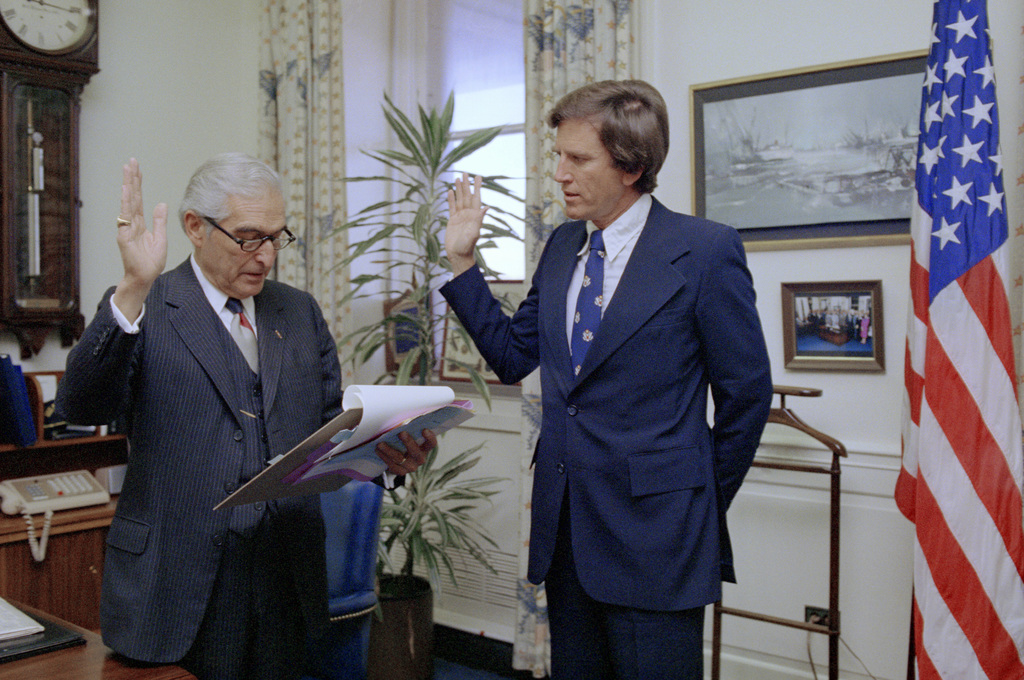Gary Hart: We were warned of an attack on the scale of 9/11. No one listened.
September 10, 2021 | Gary Hart | The Denver Post
On this, the 20th anniversary of the 9/11 terrorist attacks on America, much will be written and said about the nation’s lack of preparedness for such attacks and the failure of foresight on behalf of our national leadership. “Why weren’t we warned,” will still be the perennial question.
The answer is: We were warned. …


